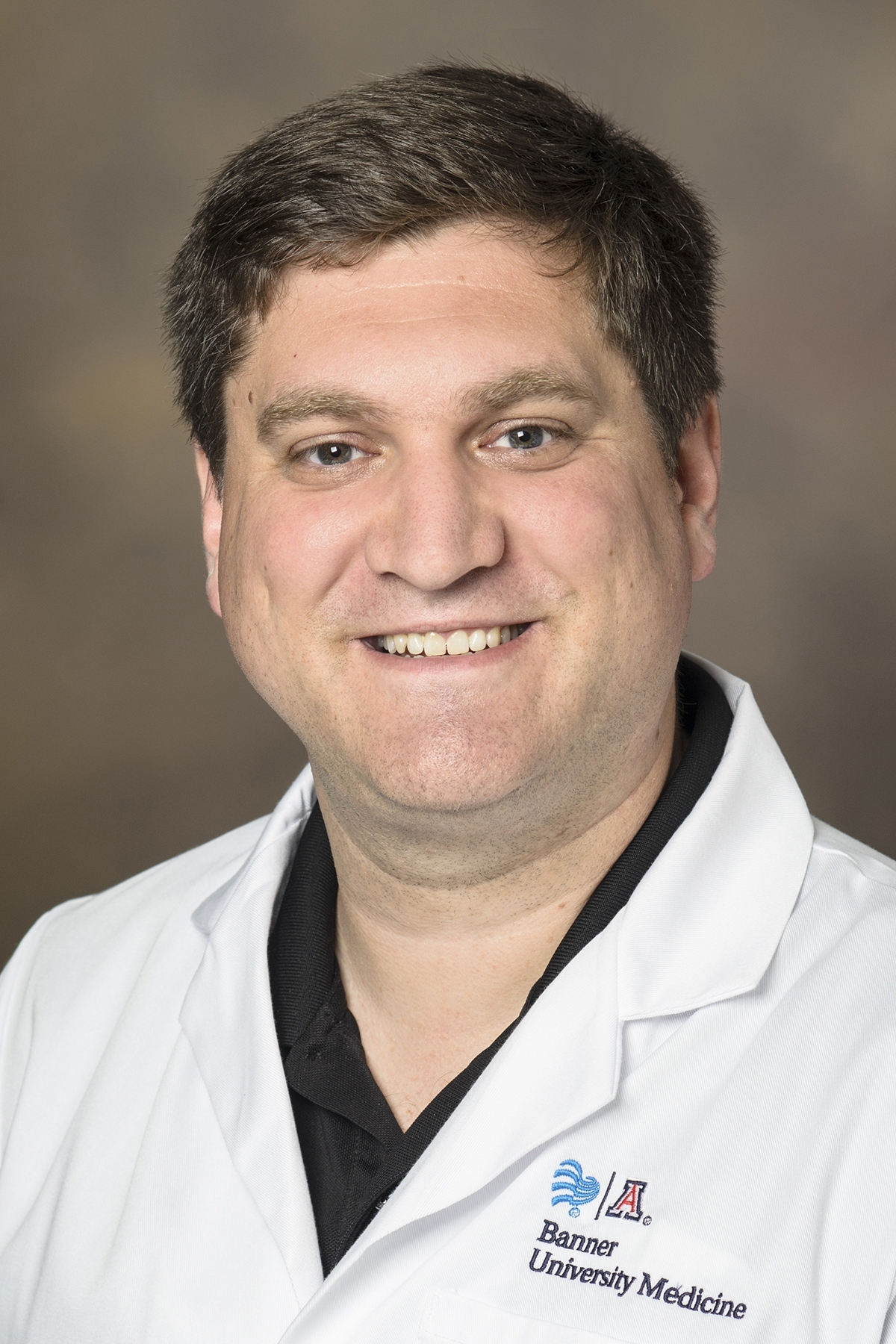 Sleep needs vary widely, but they don’t drop much as you get older.
Sleep needs vary widely, but they don’t drop much as you get older.
When it comes to sleep, need and ability are two different things. “It’s pretty clear that sleep ability decreases with age,” says Michael Grandner, director of the Sleep and Health Research Center at the University of Arizona College of Medicine. Many older adults assume that their inability to sleep soundly or for extended periods is a sign that they don’t need as much rest. But that’s probably not true, Grandner says. (Some older adults also struggle to perform physical activity, but that doesn’t mean exercise is any less important.)
So how much sleep do middle-aged and older adults really need for optimal health? That’s tricky. “We say, on average, try to get seven or eight, but inevitably you’ll have people who need more or less than that,” Grandner says.
There are plenty of scientific challenges involved with measuring “adequate” sleep. For one thing, we all tend to be poor judges of our own sleepiness levels. “You ask people how well-rested they are, and they have no idea,” Grandner says. “People say they’re totally fine, but then we look at objective performance measures—like reaction or focus—and we see pretty dramatic declines.”
Also, in order to produce measurable short-term effects, Grandner says researchers need to severely reduce a person’s sleep—knocking them down to five hours or less per night, which pretty much everyone agrees is too little sleep. But when you’re comparing six or 6.5 hours to 7.5 or eight, short-term harms are more difficult to tease out.
Read the rest here.

